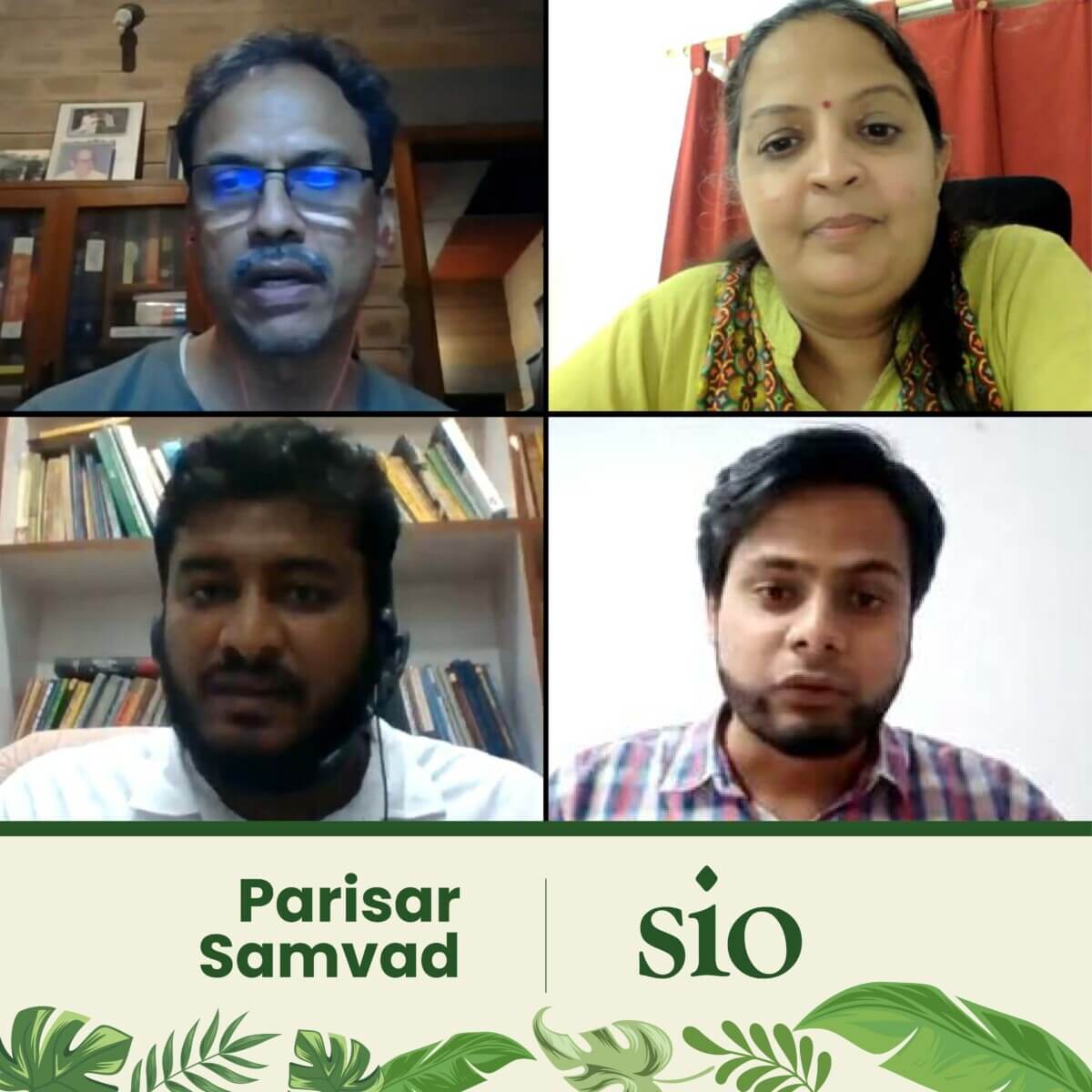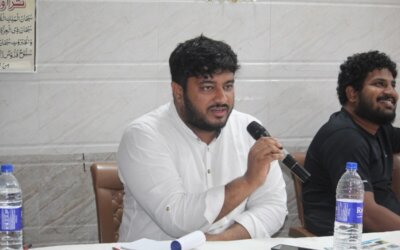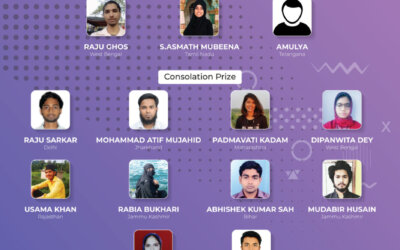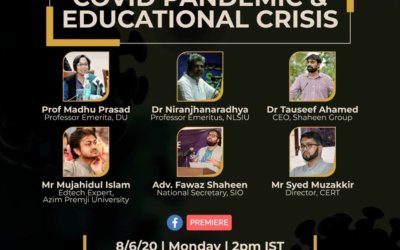SIO of India has initiated a discussion on Environment titled “Parisar Samvad” with the objective of understanding our symbiotic relationship with the environment and to explore solutions for the current Environmental crisis.
The Intrinsic connection between man and nature, life and livelihood is the crux of environment. Dr. Sharachandra Lele emphasized on the difference between the environmentalism of the West, which he calls “full stomach environmentalism” and the environmentalism of the global south which he calls “environmentalism of the poor”. He says this idea of full stomach environmentalism is extreme and problematic which only talks about the spiritual and aesthetic aspects of the environment, about protecting nature without taking into consideration the very people who are connected to it.
He said the biggest challenge to Environment today are not the adivasis living in the forest and using them but the so-called development projects which don’t take into consideration the holistic impact of that particular project on livelihoods of people and ecology. He also called out the pseudo environmental initiatives which are merely optics and don’t understand ecology and science. He also stressed that the idea of environmental justice is central to environmentalism. He concluded by saying that the environmental crisis should take into consideration people’s life, people’s livelihood and the beauty of the environment simultaneously.
Mrs.Rajani talked about the importance of understanding the crisis before we engage with it. She called the environmental crisis as an emergency which needs urgent mitigation. She also made an interesting observation as to why people are still not convinced or doing something to solve this crisis, she says it is to do with the nature of information which is being shared to us through our media and the technical jargon of our scientific community.
Mr. Suhaib said that religion is going to play an important role in trying to solve this crisis of environment. Citing the thesis of Amitav Ghosh who opines that the involvement of religion is very important, since the present formal political structures of our time are incapable of confronting this crisis on their own since the basic building block of these structures are nation states. Inherent to its nature is the pursuit of the interests of a particular group of people. He also talked about how modernity has devoid man of nature, which has let to him looking at nature as a mere resource which could be used and disposed off at will and how this is fundamentally a moral and ethical crisis and the need for religion to intervene.
He then put forth the religious mandate for Muslims to engage with the environmental crisis. He quoted the verse of Surah Rum in which Allah talks about the Fasad (Corruption) which has spread in land and sea and how it is the man’s own doing and hence the starting point to engage with this issue is to own responsibility of what is happening with nature. He also highlighted the need for us to understand our place on this earth, our place as Khalifah and the need for us to protect the earth. He finally highlighted our responsibility of need for standing for social justice.
This was part of “Parisar Samvad”, a consultation series, planned a series of consultations with the experts. The first consultation was held on 26th of September, the theme of which was “Understanding the Environmental crisis in India”. The panelist for the webinar were Dr Sharachandra Lele, Distinguished Fellow in Environmental Policy and Governance, ATREE, Mrs Rajani rao santhosh, Co-founder, Living Earth Foundation (LEAF), Mr Abdul Quddus Suhaib, Columnist & CAC Member, SIO of India.





0 Comments